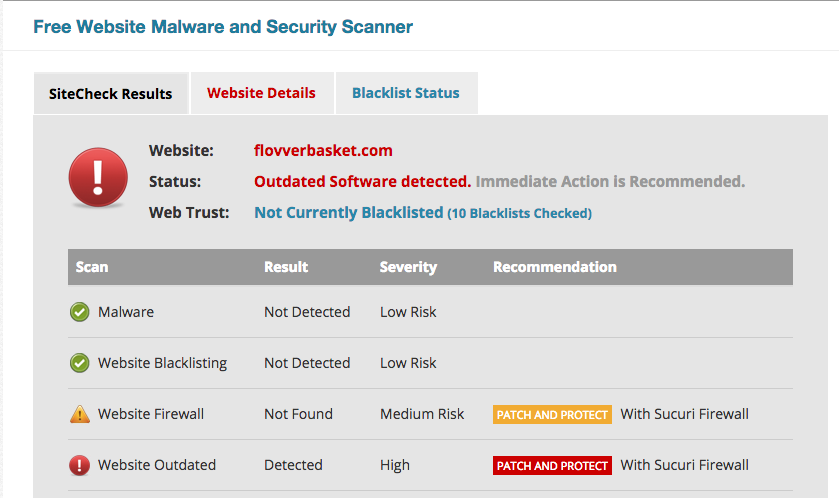For example, I encountered a link to flovverbasket.com in a comment 10k+, and didn't want to click, since it seems so much like a homograph attack for flowerbasket.com. Assuming that it wasn't a legitimate site, I flagged the comment as spam, but the flag was rejected. Google seems to have indexed it, and there are some associated Google+ and Twitter accounts, but none with any significant activity posted.
Is there any safe and objective way to confirm whether this is actually a legitimate site?
